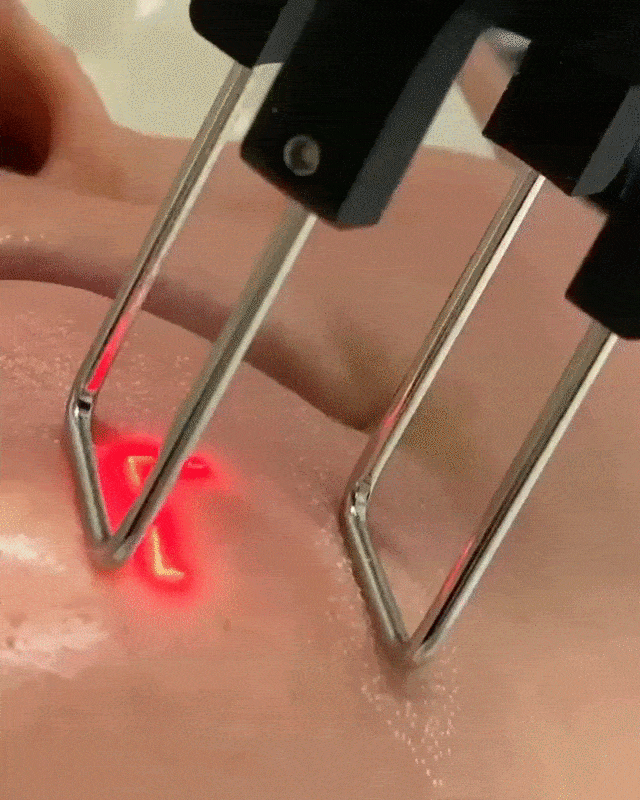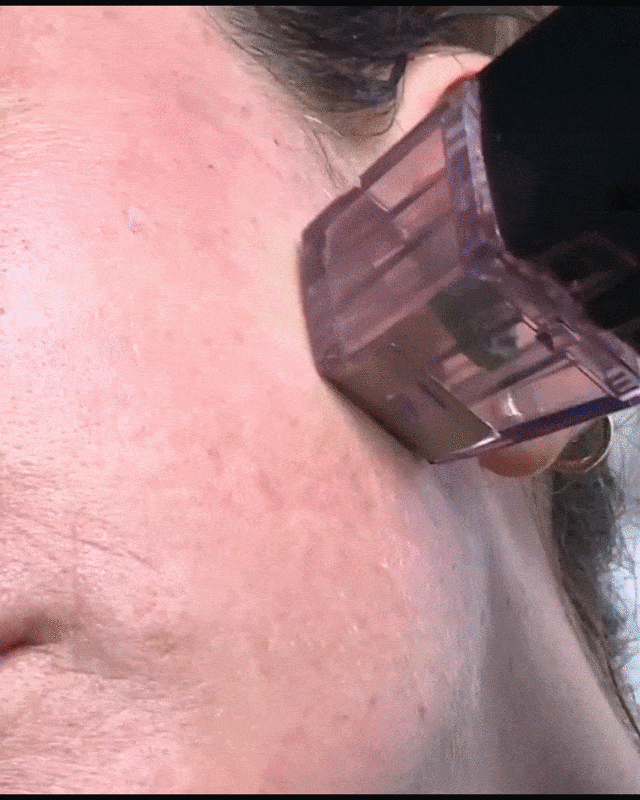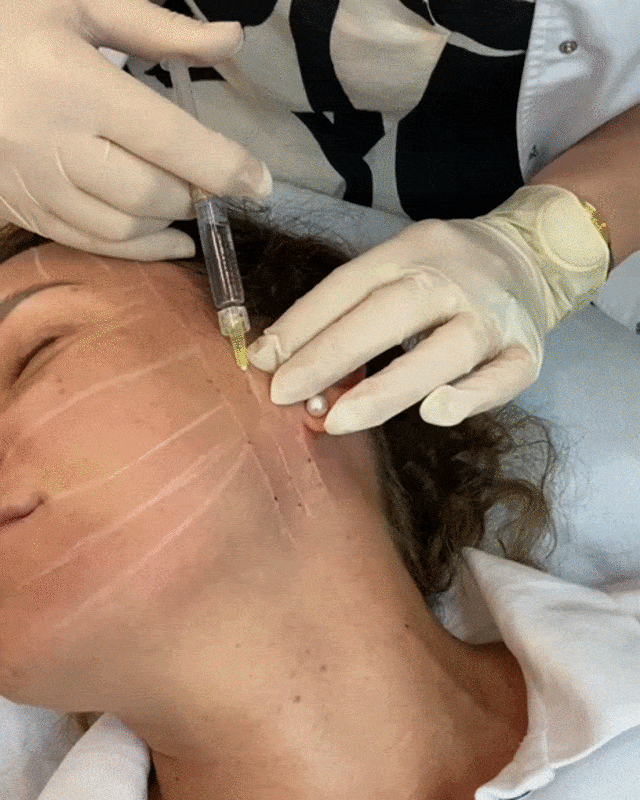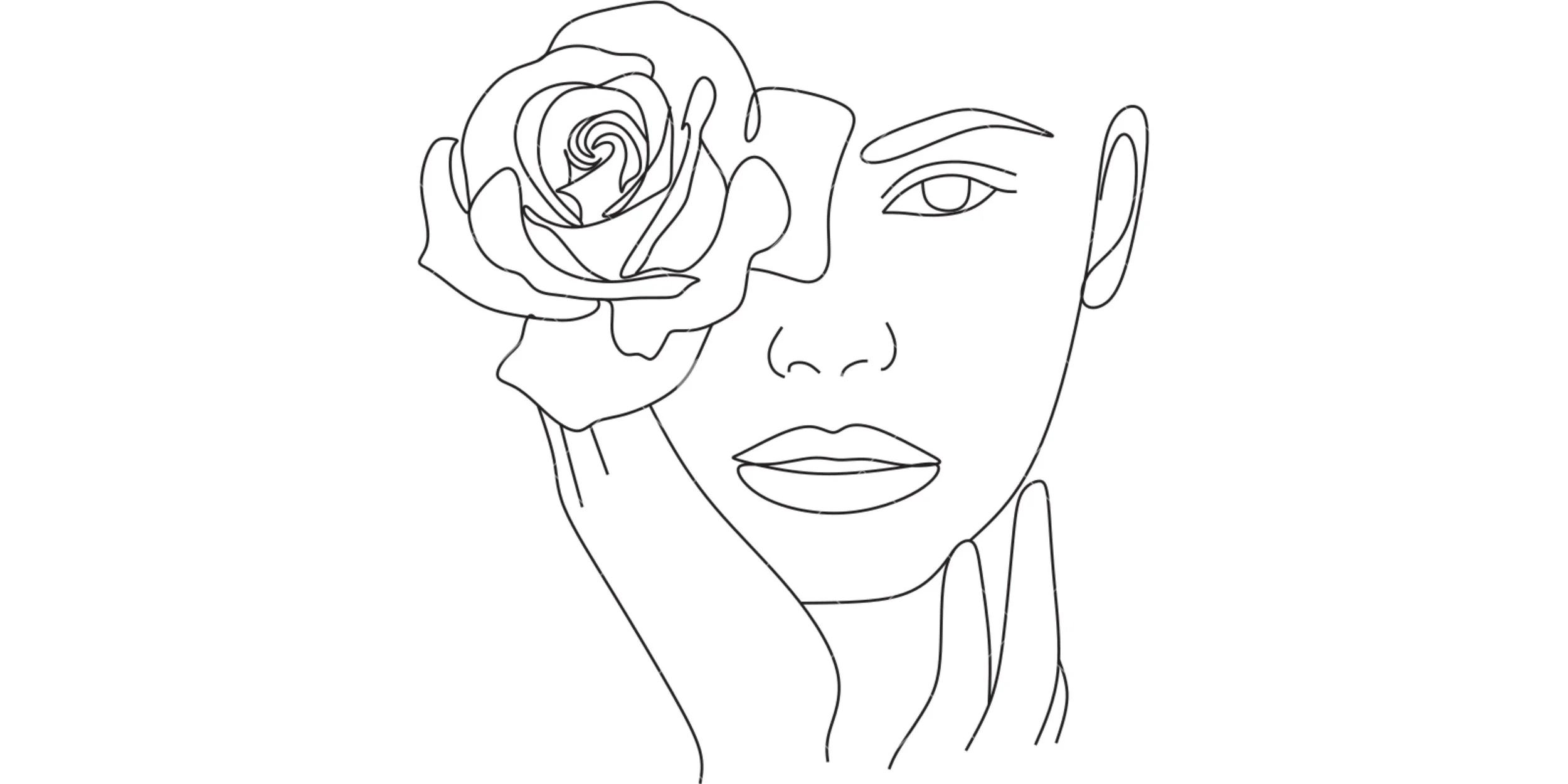Getting Rid Of Acne Scars
Acne scars are caused by inflammation and can look like depressions in the skin. Some people have a greater risk of developing acne scars than others. Those with inflammatory acne tend to have cysts and nodules. These often penetrate deeply into the skin, damaging it. Those who do not treat their acne early on may develop scars later on. Picking, squeezing, and popping inflamed pimples increase inflammation and the risk of scarring. Having a blood relative who developed acne scars increases your risk even further. Genes play a large role in determining whether or not you will see scars or not; however, there is no way to predict who will develop them.
What causes acne scars?
If acne penetrates the skin deeply, they damage the skin and the tissue beneath it. As the acne clears, your body tries to repair this damage. During this time, collagen—a substance that gives the skin support—is produced. If your body produces too little or too much collagen, you will see a scar. Depressed scars: If your body produces too little collagen, depressions or pits form as it attempts to heal itself. Raised scars: Sometimes your body overproduces collagen as it attempts to heal itself; when this happens, you develop raised scars called "deeper" scars
What can be done?
There are many methods that healthcare providers can use to help resolve acne scars, whether for active acne or to treat existing scars. These methods often work alone or in combination with each other. Treatments that work for treating to resolve active acne sometimes can also be implicated to treat acne scars.
Treatment Options
Fractional CO2 Laser is effective in rejuvenating aged skin and reducing the appearance of enlarged pores, fine lines, and wrinkles. It creates tiny openings on your skin, reaching into the dermis level to break up fibrous tissue. The residual heat from the laser stimulates your skin to produce new collagen, a building block of skin. Your skin then repairs these openings by pushing out damaged and uneven skin with a healthier, even skin tone.
Fractional CO2
Radiofrequency Microneedling procedure by Morpheus8 machine is an advanced radiofrequency (RF) treatment that helps re-model and smooth damaged and uneven skin while resolving and minimizing the appearance of acne scars. During the treatment, your practitioner will move the handpiece over the targeted area of your face. The micro-needles will penetrate the skin and create subdermal micro-wounds. Whilst this action takes place, waves of RF energy are sent out from the handpiece to enhance the healing process. This combined technology triggers a series of naturally-occurring healing actions: cells are regenerated quickly and begin to form new tissues – including collagen.
Radiofrequency Microneedling
Biorevitalization is an injectable cocktail that introduces small doses of Hyaluronic acid and other vitamins and minerals into the deep part of the skin. It stimulates the synthesis of collagen and enables moisturizing of the skin. Also, derma-fibers are formed, therefore creating a lifting effect on the skin's tissues. Biorevitalization is primarily an anti-aging procedure, however, its use would work well on prophylaxis and treatment of acne scars and stretch marks on any body parts.
Biorevitalization
The above-mentioned list is not definitive and may differ in the treatment of your specific skin condition. Furthermore, depending on your case, the procedures can be used alone or in combination. Your doctor will select the best treatment strategy according to your individual specifications.
Dr. Lola Ali is a professional skincare therapist with over 20 years of experience helping people achieve younger, brighter, and healthier skin. If you would like to know more about your specific aesthetical skin condition and available treatment approaches, please do not hesitate and book your first free skincare check-up and consultation with her.












